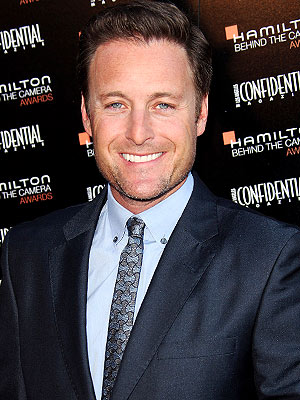
Brendan Hoffman for The New York Times
Chuck Hagel arrived for his confirmation hearing before the Senate Armed Services Committee on Thursday.
WASHINGTON — Chuck Hagel, President Obama’s nominee to be secretary of defense, engaged in a sharp exchange with his old friend, Senator John McCain, at the opening of his confirmation hearing on Thursday when Mr. McCain, Republican of Arizona, pressed him on his opposition to the escalation, or surge, of American forces in Iraq in 2007.
Mr. Hagel dodged a direct answer as Mr. McCain asked him repeatedly if history would judge whether Mr. Hagel was right or wrong to oppose the surge in forces when he was a Republican senator from Nebraska. The escalation, along with other major factors, is credited in helping quell the violence in Iraq at the time. When Mr. Hagel said he wanted to explain, Mr. McCain bore in.
“Are you going to answer the question, Senator Hagel, the question is whether you were right or wrong,” Mr. McCain said.
“I’m not going to give you a yes or no answer,” Mr. Hagel replied.
Mr. McCain did not let up.
"I think history has already made a judgment about the surge sir, and you’re on the wrong side of it,” Mr. McCain said, then seemed to threaten that he would not vote for Mr. Hagel if he did not answer the question.
It took the next questioner, Senator Bill Nelson, Democrat of Florida, to draw out Mr. Hagel out on the subject. “I did question the surge,” Mr. Hagel said. “I always asked the question, is this going to be worth the sacrifice?” He said 1,200 American men and women lost their lives in the surge. “I’m not certain it was required,” Mr. Hagel said. “Now, it doesn’t mean I was right.”
Mr. McCain, like many Republicans, was furious at Mr. Hagel’s skepticism about the Iraq War. It led to a falling-out between the two men, both Vietman veterans, that appeared to have been patched up when the two met last week after Mr. Hagel was nominated for the Pentagon job. Mr. McCain described their discussion as a “frank and candid” exchange between two “old friends.”
But Mr. McCain was only one of the Republicans who pressed Mr. Hagel at hearing of the Senate Armed Services Committee.
Before he even made his opening statement, Mr. Hagel faced a blast of objections from the ranking Republican on the committee, Senator James M. Inhofe of Oklahoma, who told Mr. Hagel that he would not vote for him because of his position of “appeasing” America’s adversaries.
“His record demonstrates what I view as a steadfast opposition to policies that diminish U.S. power and influence throughout the world, as well as a recent trend of policy reversals that seem based on political expediency rather than on core beliefs,” Mr. Inhofe said.
But even a reliable yes vote, Senator Carl Levin, the Michigan Democrat who serves as the committee’s chairman, said in his opening statement that Mr. Hagel had made “troubling” statements about Israel and had expressed a willingness to negotiate on Iran on issues that Mr. Levin viewed as nonnegotiable. Mr. Levin said he expected Mr. Hagel to address those issues during the hearing.
Under aggressive but at times disjointed questioning from Mr. Inhofe, Mr. Hagel was asked why he thought the Iranian Foreign Ministry so strongly supported his nomination as defense secretary. Mr. Hagel swiftly replied, “I have a difficult time enough with American politics.” He then said, “I have no idea.”
Under more gentle but persistent questioning from Mr. Levin, Mr. Hagel said that he had voted against some unilateral American sanctions against Iran in 2001 and 2002 because it was a different era. “We were at a different place with Iran at that time,” he said.
Mr. Hagel faltered at one point, saying shortly before noon that he strongly supported the president’s policy on “containment” of Iran. He was quickly handed a note, which he read and then said to correct himself, “Obviously, we don’t have a position on containment.”
At that point Mr. Levin interjected, “We do have a position on containment, which is we do not favor containment.” The Obama administration’s policy on Iran remains prevention of its efforts to obtain nuclear weapons. Iran says its nuclear program is for peaceful purposes.
In his opening statement, Mr. Hagel said that the United States must lead other nations in confronting threats, use all tools of American power in protecting its people and “maintain the strongest military in the world.”











